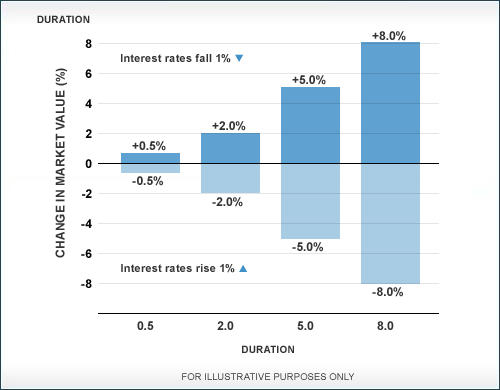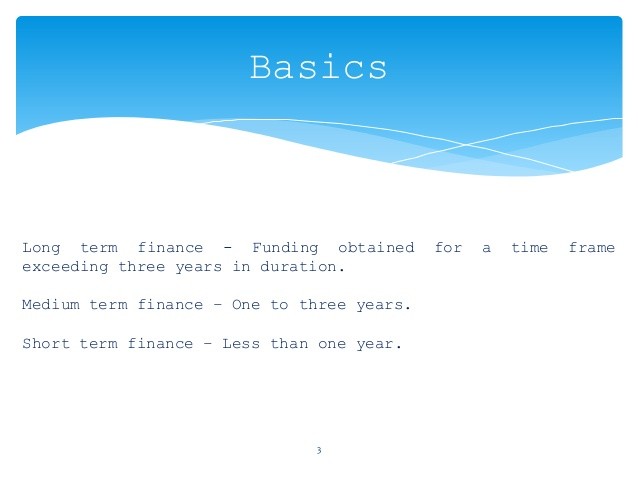Advantages and Disadvantages of REITs
Post on: 7 Апрель, 2015 No Comment

Visit this link to learn more about Paul’s premium newsletter.
Published: March 22, 2004
For those of you unfamiliar with this unique income-oriented asset class, Real Estate Investment Trusts — or REITs — are companies that own real-estate-related assets such as land, buildings and real estate securities. Most firms in this industry make their money by purchasing real estate properties and renting them out to consumers and corporations. Meanwhile, others merely purchase real-estate-related securities such as mortgage bonds and/or lend money to fund third-party real estate projects.
Let’s start off with a quick rundown of the advantages and disadvantages associated with investing in REITs.
ADVANTAGES:
— In order to qualify as a REIT for tax purposes, a company must return at least 90% of earnings to its shareholders in the form of dividends. Because of this, the average REIT boasts a roughly +6% annual dividend yield.
— REITs aren’t as highly correlated with the major indices as most industries are. As such, they may provide your portfolio with some much-needed diversification and should help to smooth out your overall returns, particularly during market downturns.
— REITs own hard, tangible assets such as land and buildings, and often sign their tenants to long-term lease contracts. Because of this, REITs tend to be some of the most stable companies on the market.
DISADVANTAGES:

— Because they can only reinvest up to 10% of their annual profits back into their core business lines each year, most (but not all) REITs tend to grow at slower clip than the average stock on Wall Street. Over time, history has shown that the average publicly traded REIT tends to post annual earnings growth several percentage points below that of the S&P 500.
— Although the business tends to be a fairly stable one, REITs are not without risk. For example, their dividend payments are not guaranteed and the real estate market is prone to cyclical downturns.
— Since they already enjoy a unique tax-advantaged status versus other firms (more specifically, they are allowed to deduct the dividends they pay out from their taxable income), from an investor’s perspective, roughly 2/3 of all dividends paid by REITs do not qualify for the new lower 15% tax rate implemented by congress last year. By contrast, the vast majority dividends paid by non-REITs are taxed at this new low rate.
Special Deal for Our Web Site Visitors














